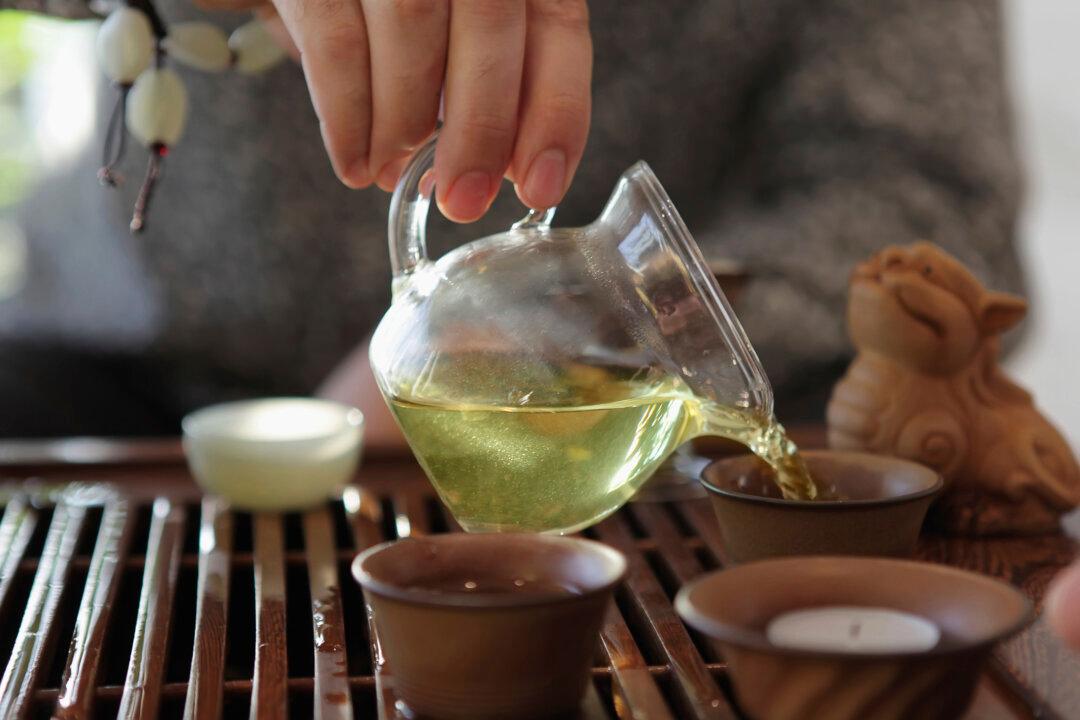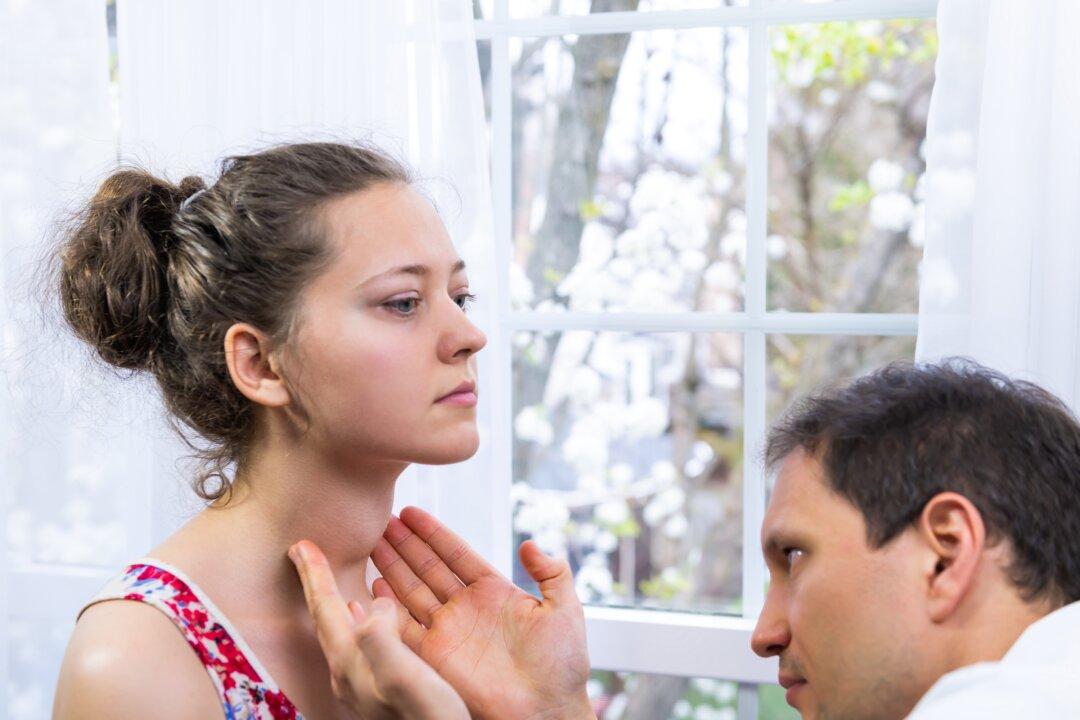With flu season rapidly approaching, recommendations for preventatives are everywhere but many are not backed up by science. Can you guess the top five? (Hint: vaccination is not one of them!)
GreenMedInfo is dedicated to investigating the most important health and environmental issues of the day. Special emphasis will be placed on environmental health. Our focused and deep research will explore the many ways in which the present condition of the human body directly reflects the true state of the ambient environment. This work is reproduced and distributed with the permission of GreenMedInfo LLC. Sign up for their newsletter at https://greenmedinfo.com/newsletter
Author’s Selected Articles





